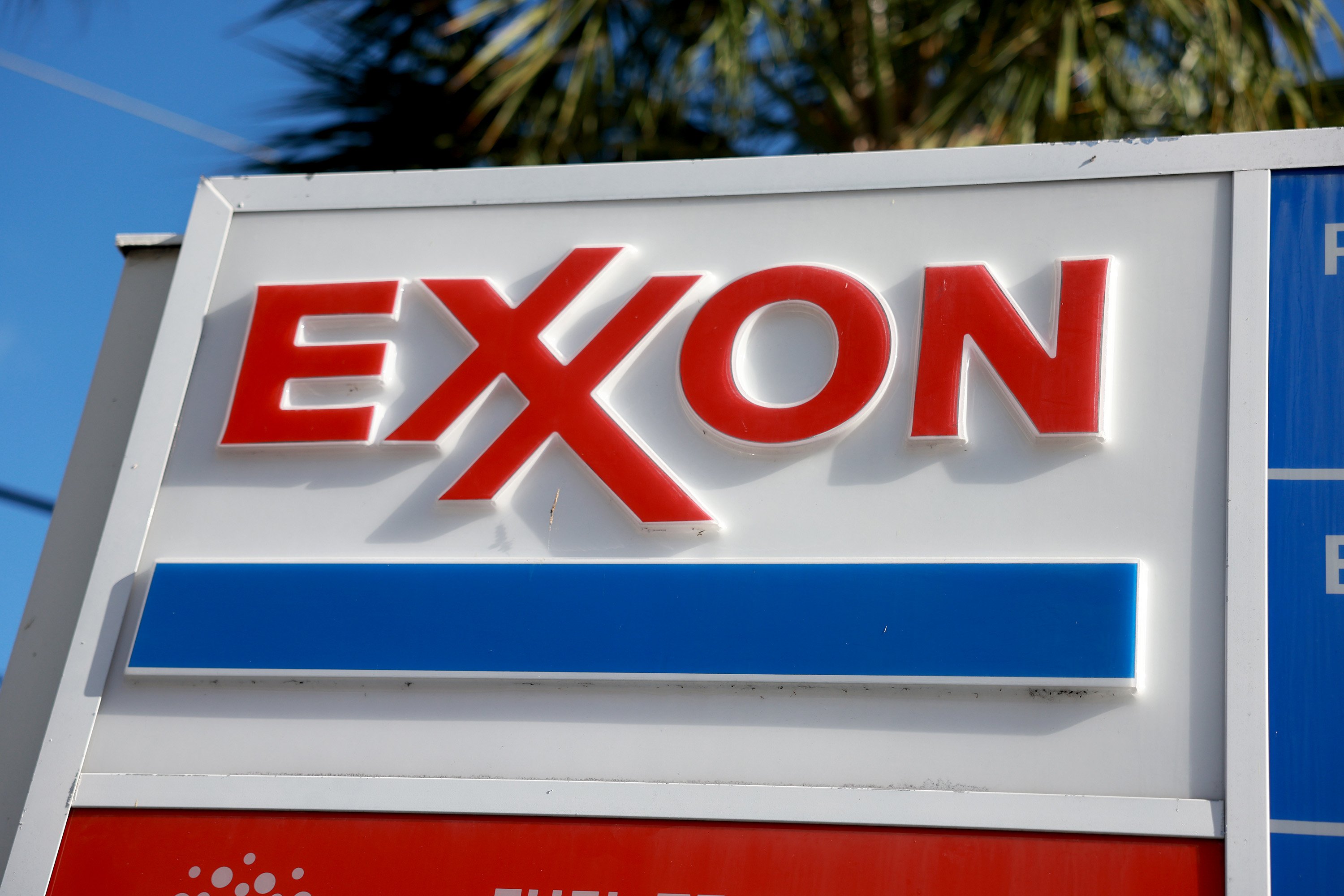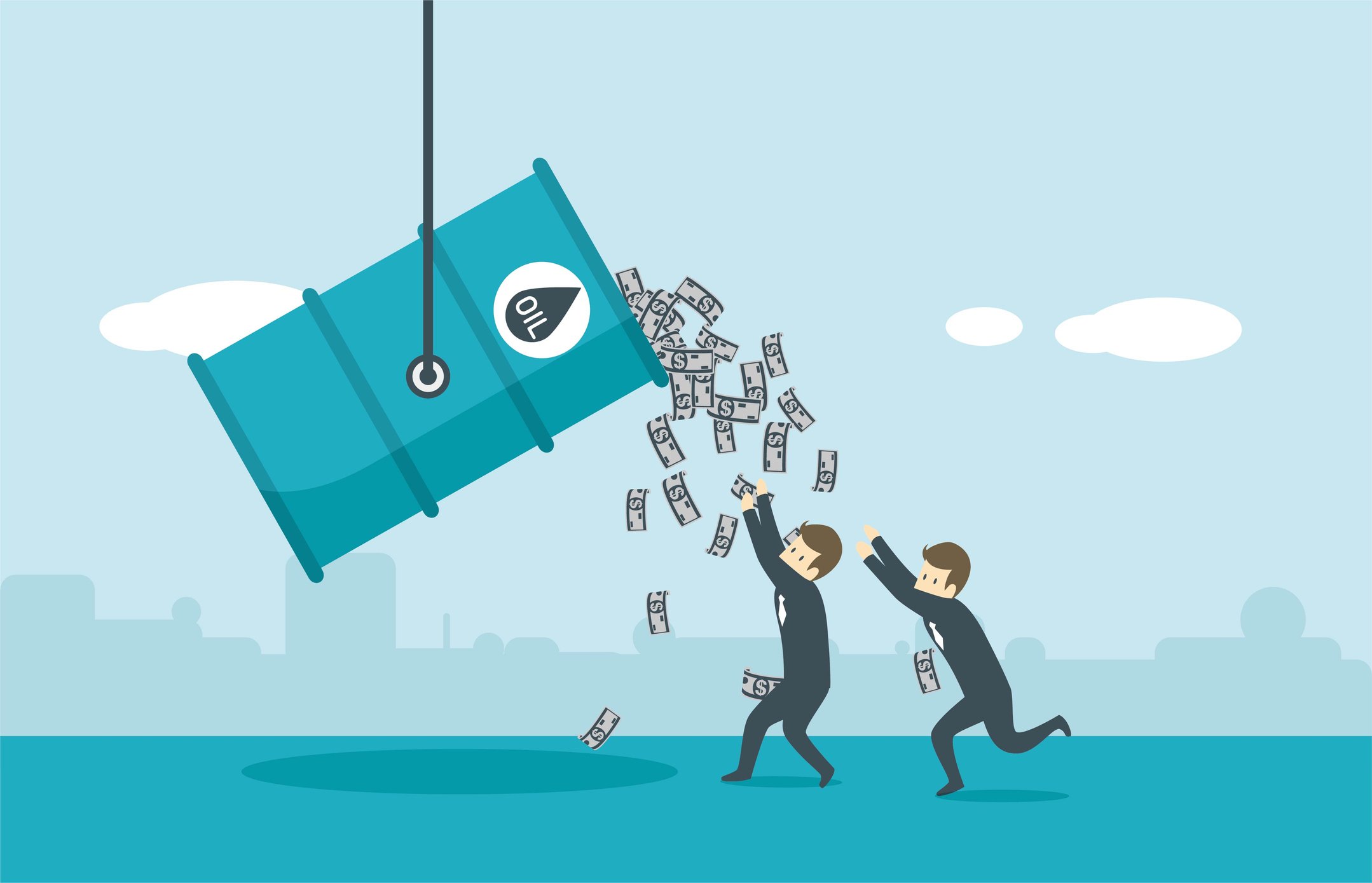The Motley Fool's readers have spoken, and I have heeded their cries. After months of pointing out CEO gaffes and faux pas, I've decided to make it a weekly tradition to also point out corporate leaders who are putting the interests of shareholders and the public first, and are generally deserving of praise from investors. For reference, here's my previous selection.
This week, we'll turn our attention to the energy sector, and focus on a CEO who's been right on target with investors, and with regard to community giving: John Watson, CEO of Chevron (CVX +0.06%).
Kudos to you, Mr. Watson
There's really nothing "elementary" that Mr. Watson has brought to the table that other independent oil companies haven't already thought of. Instead, it's been Watson's strategic purchases, and his ability to keep the company globally diverse, that's put it well ahead of its competition.
The plights of the oil industry are many, to say the least. We'd like to think of fuel sources like oil and natural gas, heading progressively higher because energy is a necessity item -- but that's just not the case. Natural gas prices touched a decade low last year, and forced certain natural gas juggernauts to shed assets in order to cut expenses and/or raise cash.
Chesapeake Energy, the No. 2 natural gas producer in the U.S., was forced to sell $6.9 billion in gas fields and pipelines in the highly desirable Permian Basin in September simply to meet its capital expenditures for 2013. EnCana, Canada's equivalent of Chesapeake in the U.S., sold 40% of its working interest in undeveloped gas fields in British Columbia to Mitsubishi for $2.9 billion. Although it didn't have the immediate cash need, it nonetheless could use the cash buffer to help in its transition from gas to liquids production.
Political strife is another key concern for independent oil companies that operate around the globe. We're now long past the regime change and civil unrest in Libya in 2011 that basically shutdown production in the country for Italian-based Eni, but the scars remain. At the time, Eni received about one-seventh of its daily production from Libya, so the unrest was a major disruptive factor to its bottom line. With regime change ongoing in Egypt as well, political turmoil is a constant concern for oil & gas companies like Chevron.
Chevron has excelled is in its ability to recognize undervalued assets. As I noted three weeks ago when I made Chevron one of my Basic Needs Portfolio selections, the company is developing quite a portfolio of assets beyond just the domestic U.S. Most notably, Chevron has made 21 separate natural gas and liquefied natural gas finds off the coast of Australia, putting it in perfect position to dominate Southeastern Asian economies when their needs for alternative energy sources surges.

Source: Steven Straiton, Flickr.
Chevron, though, isn't just limited to overseas finds. It's making strategic acquisitions domestically, and is sitting on a potential gold mine in the Gulf of Mexico. According to Chevron, in 2012, it produced an average of 48,000 barrel of crude oil, 321 million cubic feet of natural gas, and 8,000 barrels of NGL's per day in the Gulf of Mexico shelf, and added 15 new leases last year in the region, just by mid-year! Onshore, it's planning to greatly expand its shale production to meet the increased demands of the Obama administration with regard to distancing ourselves from foreign oil. Not to mention, the aforementioned Permian Basin asset disposition by Chesapeake was scooped up by none other than Chevron and Royal Dutch Shell on the cheap!
A step above his peers
Shareholders likely aren't complaining about Mr. Watson's performance, with shares up 81.1% since he took office as CEO on Jan. 1, 2010. However, his actions deserve more praise than just superficially examining what he's done to put the company in a position to succeed.
For one, Watson has been a driving force behind boosting shareholder value through share buybacks and dividend increases. Chevron repurchased $1.25 billion worth of its own shares in just the first-quarter! Investments in refineries, pipelines, drilling and exploration, and acquisitions, obviously ties up quite a bit of cash flow. However, Chevron generates so much free cash from operations -- a cumulative $34.2 billion over the past three years -- that it's been able to dramatically boost its buyback program, which reduces outstanding shares, and makes the company appear cheaper on a P/E basis.
Dividends have been another huge source of growth for Chevron shareholders. Chevron recently joined the elite group of dividend aristocrats by announcing its 25th straight year of dividend increases. The company currently pays out nearly a 3% yield, and has boosted its payout by 174% over the trailing decade.
Source: Nasdaq.com, * assumes quarterly payout of $1 for remainder of 2013.
As you might imagine, working in the oil industry can be tough on the body, and sometimes dangerous, depending on the job or the location. Because of this, Chevron does an excellent job of taking care of its employees through unique perks. For one, it has a built-in Health Wellness credit of $250, which it pays out to employees if they choose to live a healthy and active lifestyle, earning points for exercising and eating healthy, and not smoking. Chevron also offers relocation benefits to help employees who've been asked to move elsewhere, offering services that could include helping to sell their homes, to managing their expenses during the move.
Finally, Chevron does its part in reinvesting in the community. I'm well aware that there's plenty of backlash against Chevron and other oil companies because of the occasional accident, fire, or spill. These are unfortunate, but generally unpreventable... and I'm unaware of any industry that has an accident-free track record. Keeping this in mind, Chevron was heralded as the third most-giving corporation in 2012 by The Chronicle of Philanthropy earlier this week. According to their research, Chevron gave $262,430,000 in cash in donations last year, with its largest distribution being an $11 million grant to the Niger Delta Partnership Initiative Foundation. Best of all, The Chronicle of Philanthropy suggests Chevron plans to donate even more in 2013.
Two thumbs up
Chevron really is the full package. It offers geographic and asset diversity, boasts incredible cash flow, which helps fuel huge share buybacks and dividend increases, and does a fantastic job of taking care of its employees, and giving back to the communities and countries in which it operates. This wouldn't be possible without the wise decision-making at the top by John Watson. With that being said, I give two enthusiastic thumbs up to one of the energy sector's great CEOs.







